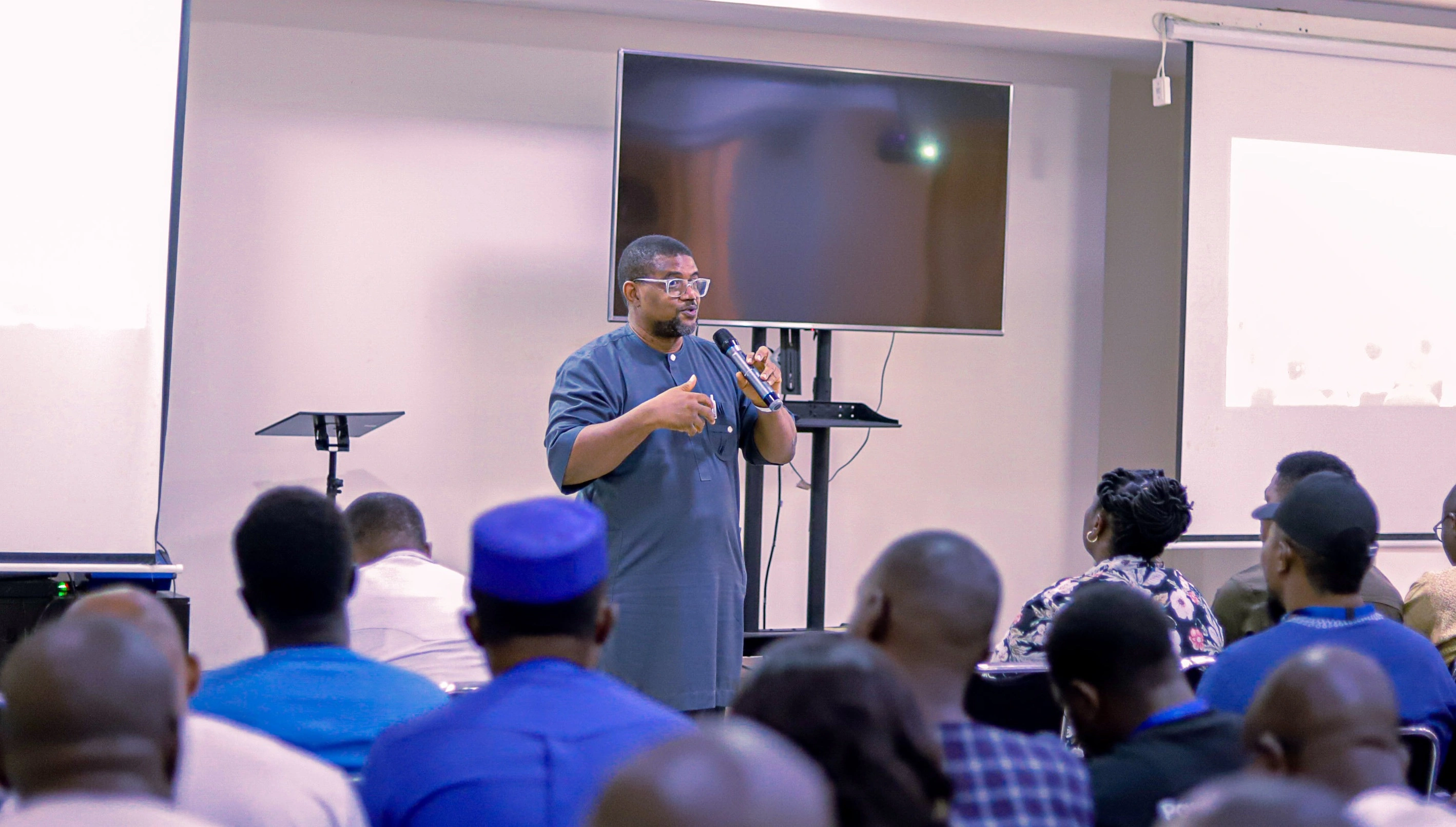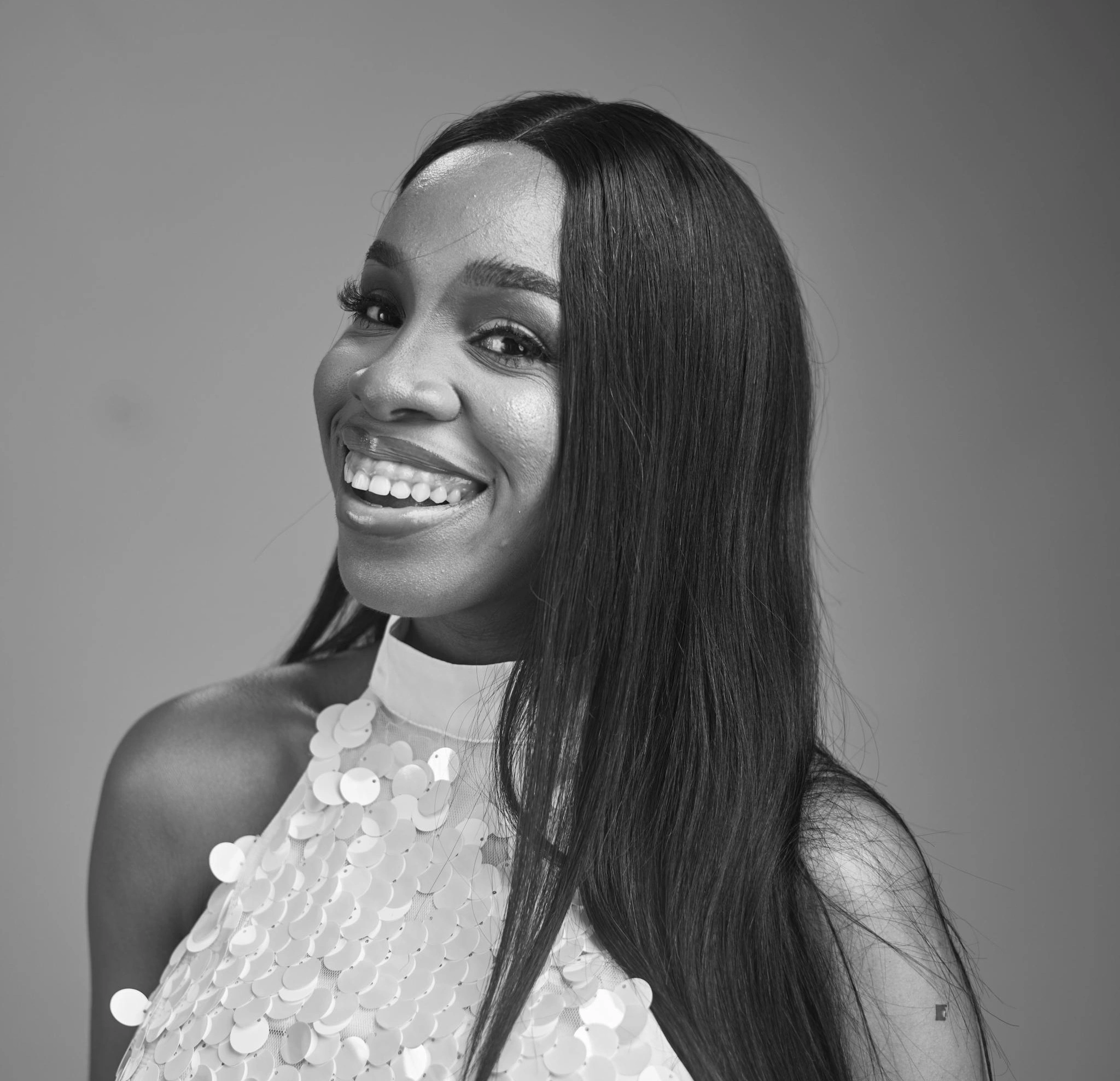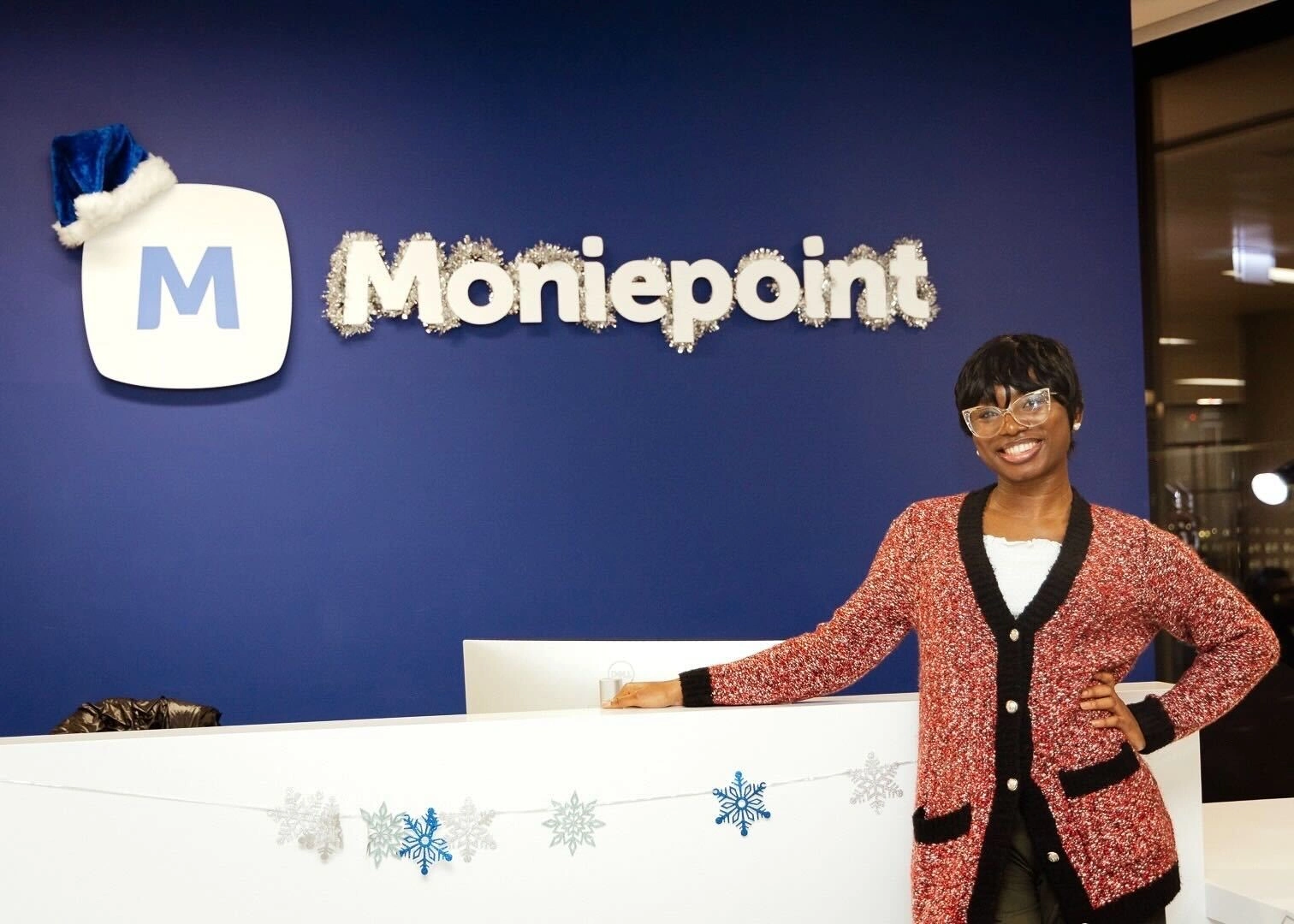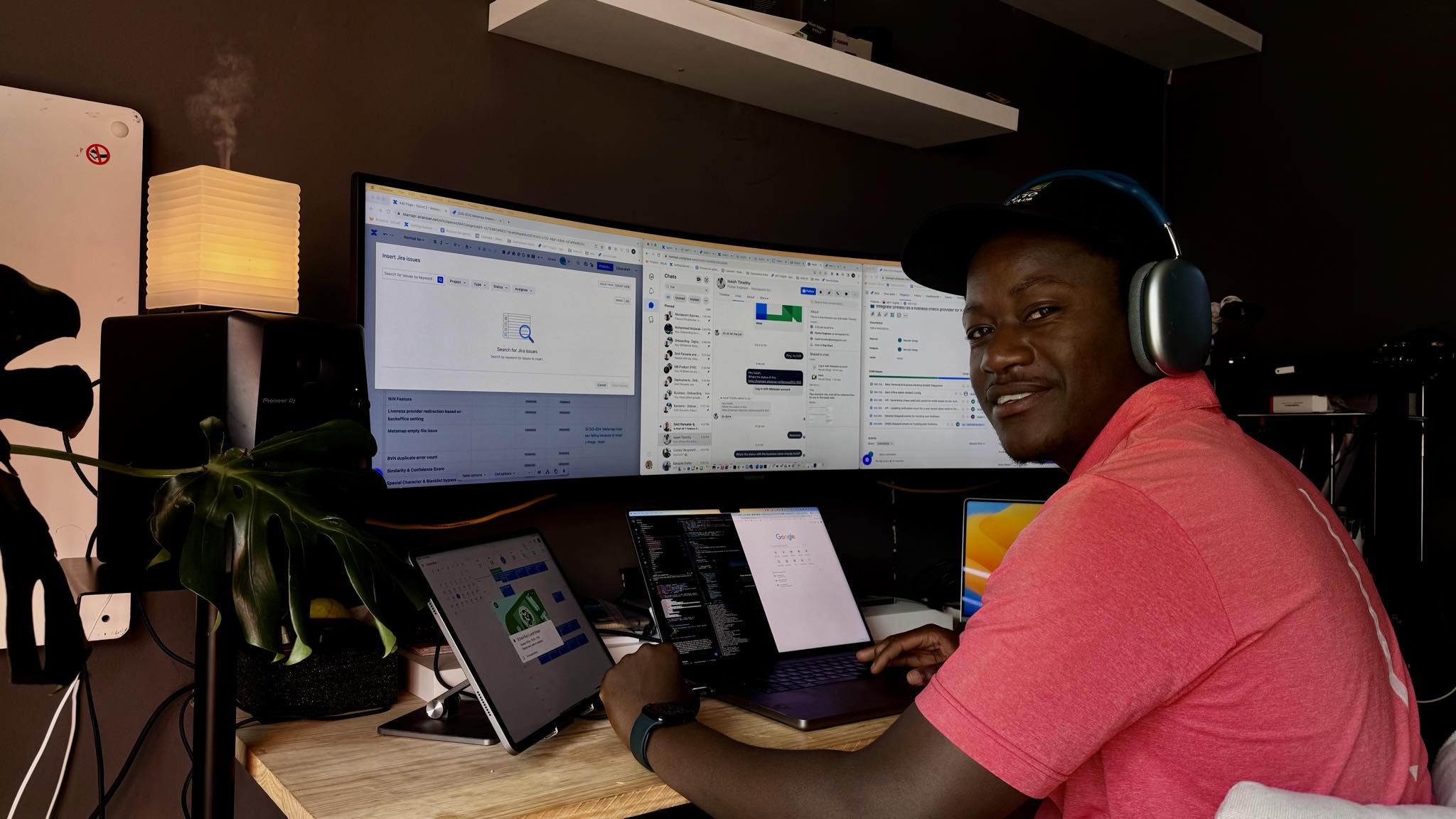
In this article, we meet Nerudo, a product manager from South Africa who just joined the Moniepoint team. His passion for learning new things, and a love for golf, have defined much of his life, and we’ll explore how he draws from those things to bring the best to his role.
Before joining Moneipoint, what did you do?
I worked within the banking environments in South Africa and worked with most banks from a consulting perspective. I was at Dimension Data, RMB and then Standard Bank. I’ve also worked with financial investment houses. Enabling digital programmes for financial services companies has been my background throughout pretty much all of my career.
If you were to introduce South Africa to me, how would you do that? What would be your go-to place/activity?
I think the coolest thing is the golfing community down here. There are a lot of golfers, and also a lot of world-class golf courses. So that's very unique for South Africa, for me.
I play inter-provincial golf, so I get to travel around all the provinces to actually experience some of the golf courses for each and every province. And I can safely say we probably have the best golf courses - quite comparable to international facilities.
Then obviously, there's hiking and outdoor things. There is the Drakensberg, one of the most extensive mountain ranges. Around that area, there’s also one of the best golf courses called Champagne Resorts. And then you go to Eastern Cape, which is in the more coastal region, and there's a plethora of golf courses almost every other hundred kilometres or so, and some of them are even 10 km apart. Most of them are very beautiful and world-class.
Golfing seems to be your thing. How did that happen?
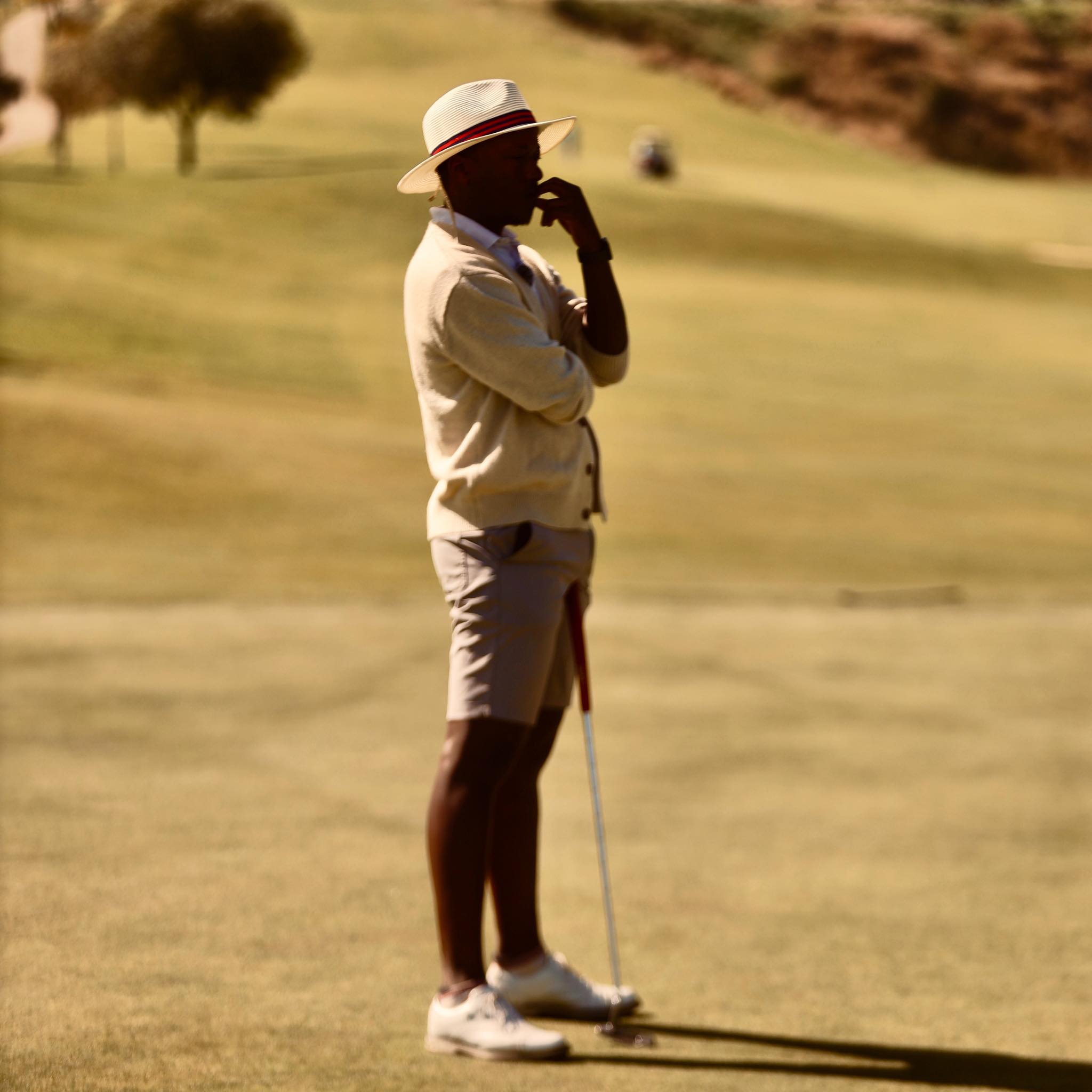
When I was a kid, my uncle and cousins used to play when I visited them on weekends. I kinda got bored when I saw them play because I couldn’t play around, as I predominantly grew up in a township. They were very well-off, but watching them play this sport made me feel like I also wanted to play so that I could do something while I was there.
During that period, I got interested, but back at home, we couldn’t afford it, so I was not allowed to play. And I put it at the back of my mind that I was going to go back and play the game.
Fast forward to when I started working, we organised a social golf event, and I seemed to be one of the few people who could get to play. So I started playing it consistently from then.
It was just something I wanted and wished to do, and once I got the opportunity to do it, I just took it with both hands. I wanted something I could control and just do on my own without needing to have a bunch of people, or forming a team, and it just became a therapeutic thing.
Now, I do it almost every day by sunset. I'd walk on the golf course and play the course while I'm thinking about other things. It also became about mindfulness for me. I learned a lot of things throughout that time, including meditation, visualisation, and a couple of fundamental life skills. So, golf has become quite an integral part of me.
Do you draw parallels between that and your work or, are they two completely distinct things?
In golfing, there’s a principle of surrendering to the elements and understanding that you can only control the next shot. Whatever has already happened is way past.
That aspect is quite important. You don't want to carry out what could seem to be failures, and have them hurt you in the future. You want to try and figure out what the present moment and its opportunities provide, be analytical and adept enough to understand it, and create a strategy based on that.
There's also a concept of understanding that you can only measure what you are and what you can do. Everything else is outside of your control. This gives you a sense of self. It can help you bring your mind back into context when it runs away.
We work with things that are very critical most of the time. You're almost always under pressure, and you can quickly burn out. So controlling anxiety and being able to be self-aware, and care for yourself allows you to perform at your best.
There are quite a lot of life lessons in golf. You learn small bits & pieces, and work benefits when you learn some of those skills.
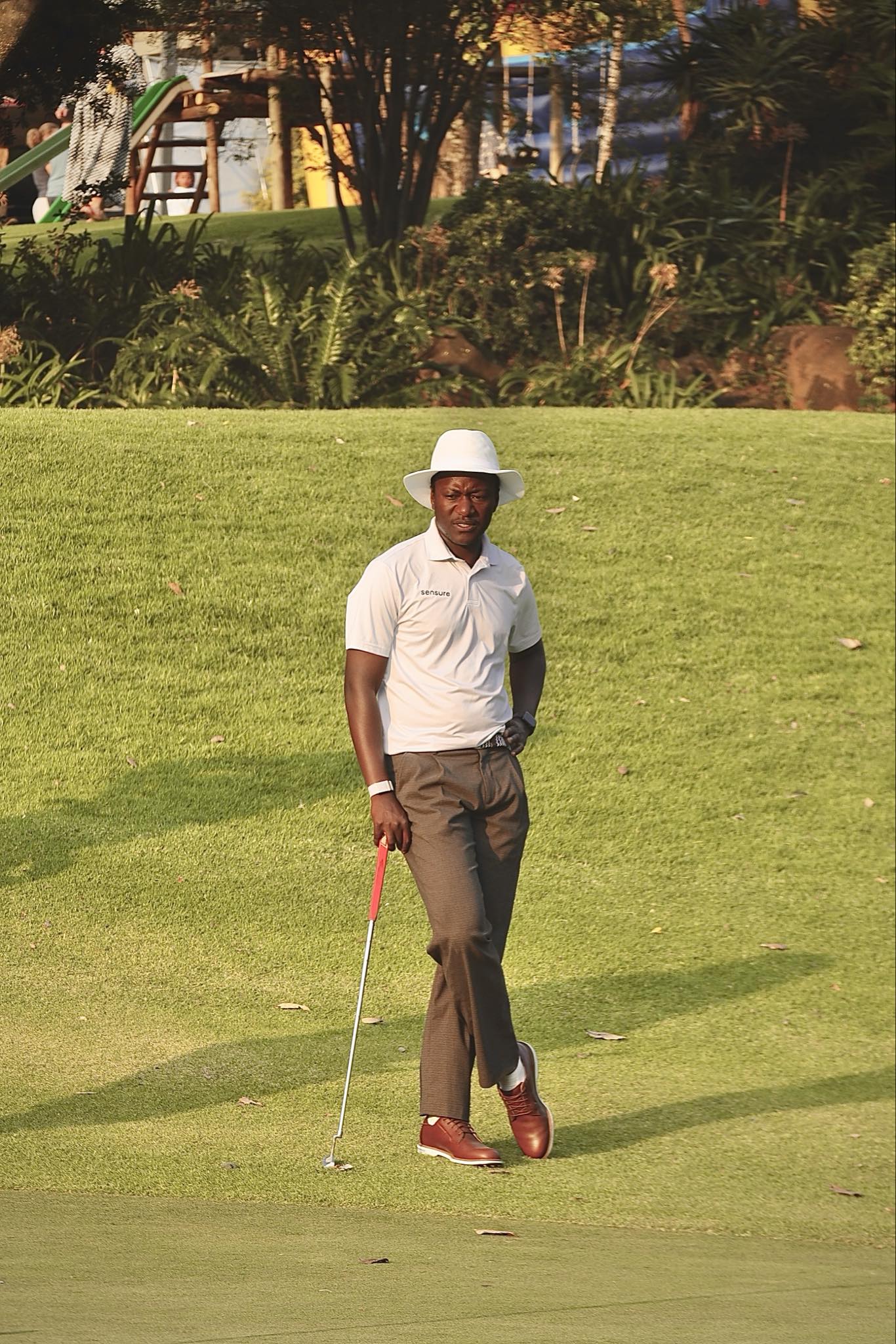
I stumbled upon your portfolio and saw a few documentaries. Do you want to share a bit about that? It’s not typical for what you described as your work life.
I'm a very creative person. Growing up, I used to make things, and I'm very handy. I have a workshop where I make robots. I grew up in an environment where everybody used to think big, and it was not scary. So, people wanted to do as many things as possible. We had people who wanted to do electronics, and we had artisanal people around us who could give us access to some of their little knowledge. With these many people, I got exposed to many different lines of thought.
I think of myself as a polymath. And by that, I mean I consider myself a person who would be inquisitive enough about multiple things, and try and get good at them.
One of those is storytelling. I’ve been learning that for a long time, and one of the reasons is that I want to tell the story of my grandfather, who lived up to a hundred years. So whenever I pick up a camera, I'm trying to simulate this one great story that I'm probably going to have to tell all my life. So that's one aspect of how I look at myself. Telling stories using visuals and pictures, and also trying to tell stories using music.
How do you think this connects to your work?
There's a lot of design involved in digital products. Now, because I’m creating things, I’m also carefully trying to craft this understanding of what makes good design - What’s a good font combination? What’s colour theory? How does it affect user experience? That means whenever I'm in conversations where people are very strongly design-oriented, I can help add my understanding of what they’re trying to achieve.
In addition, my being a person who’s usually doing a lot of things at a time comes in handy with my team. When you’re building a team, having to watch them grow to maturity and building efficiency at what we do, is an experience I've had in the past.
With my current team, I’m also looking forward to creating those patterns - increasing our efficiency and creating the systems and patterns that enable all of us to be able to work perfectly. That's something I'm looking forward to.
Finally, what's your idea of perfect happiness?
A perfect environment is one where all aspects of my health are well. It also includes feeling like all my efforts generate a purpose, either for those around me or for the greater good of those who might have to remember me one day. So, living a life of fully exploring learning new things, finding extreme difficulty at every single step, and going through all of those hurdles, and importantly, doing it for a purpose. So, yeah. Continuous learning on a path of purpose, with wellness of mind and body.
